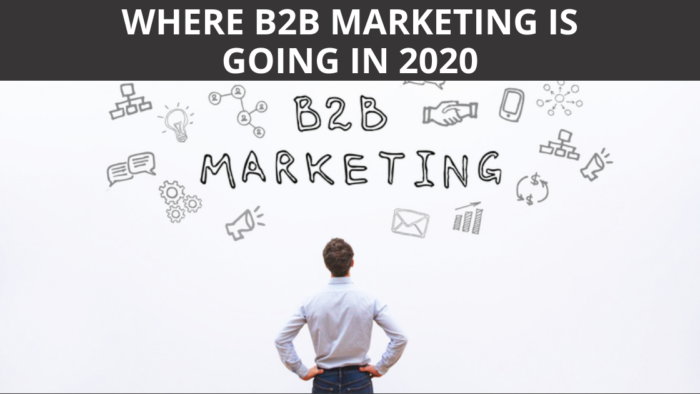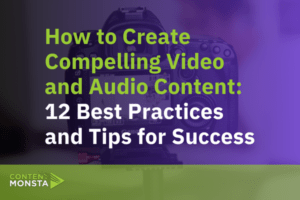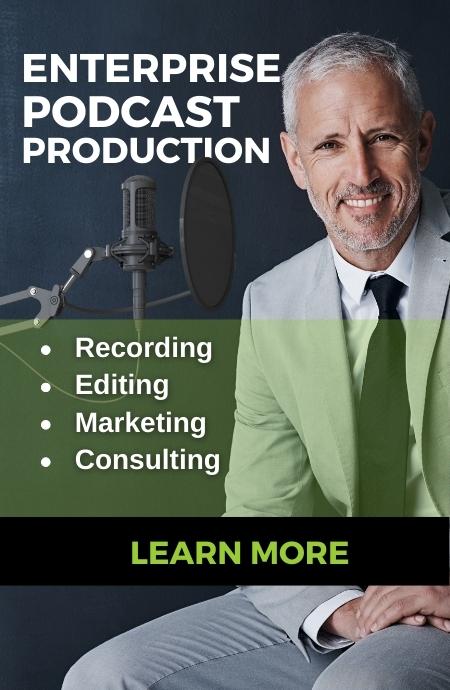Yearly, B2B marketing reports and statistics are there to unveil the truth about what marketers have been doing, how successful they were in their endeavors, and where B2B marketing is heading in the future. Content marketing is ever-changing, as marketers continue to monitor consumer behavior and use their findings to improve customer experience and satisfaction.
Content Marketing Institute has recently published its latest report – B2B Content Marketing Benchmarks, Budgets, and Trends—North America. All marketers are focused on creating more quality and audience-specific content, but the ways in which they measure, distribute, and improve their content marketing has evolved.
We have pulled out the most important and interesting stats from the report, and if you’re interested in reading the full report, you can find it right here.
Types of B2B Marketing Content and Their Performance
Different types of content serve different purposes. In 2019, 31% of marketers used short articles and blog posts to build brand awareness. In-person events have proven efficient in securing leads (19%), while 31% of respondents resorted to email newsletters for lead nurturing.
For converting leads, in-person events (25%) and case studies (23%) were the highest performing when it comes to converting leads. The most used digital format in content marketing is video – 71% of marketers reported using video (excluding live streaming).
Outsourcing
Half of the respondents said they outsource for at least one content marketing activity. Most of them (84%) outsource for content creation. The larger the organization, the more it outsources their content marketing activities – 37% of small companies, 56% of medium-sized companies, and 71% of large companies.
In-House B2B Content Marketing
About half (52%) of B2B marketers said their content marketing team consists of several people or just one person. This is typical for small and medium-sized organizations. Only 32% don’t have anyone hired full-time, while 35% of marketers say their team has 2-5 fulltime, in-house content marketers.
Content Priorities for B2B Marketing
About 66% of all respondents said they prioritize the informational needs of their audience over their promotional message, with 74% of top performers creating content depending on the stage of the customer journey. The most-cited content marketing goals in 2019 were creating brand awareness (86%), educating audiences (79%), and building trust and credibility (75%).
When it comes to generating sales, only 53% of marketers have had success against the goal. That means that most marketers are managing to achieve top-of-funnel goals with content marketing.
Regardless of how successful their content marketing efforts are, most marketers use their website, social channels, and email for distributing content organically. As for the top performers, they also resort using paid promotion opportunities – 46% use influencers, 63% publish guest posts, and 70% attend industry and speaking events. Almost all B2B marketers (95%) use LinkedIn for both organic and paid promotion purposes.
Documented Marketing Strategy
Year over year, the number of marketers who have a documented content marketing strategy is rising. Among the top performers, the number went from 62% (2018) to 65% (2019), and it is expected to peak at 69% in 2020.
Measuring B2B Content Marketing Program Success
Measuring the right metrics is essential for determining whether your content marketing program is working. The percentage of those who check on the results regularly is high – 80% of all respondents evaluate their content performance, and 95% of the top performers do it.
About 48% of respondents think that their organization might be focused on improving the quality and conversion of audiences. They will stay focused on both content quality and quantity because people simply want content.
Content marketers want to deliver information, value, and entertainment, not just create for content’s sake. And by these statistics, quality content has never been as important as it is today.
Want to learn more? Talk to a professional Content Monsta!
- The Importance of Video Content in AI-Driven SearchAI-driven generative search engines reshape how information is discovered and consumed, video content is gaining an edge in visibility, engagement, and credibility.
- The Advantage of Executive Led Video ContentUnlock the full potential of your brand with executive-led video content, a powerful tool proven to build credibility and drive engagement. Discover how thought leadership videos not only boost visibility but also influence buyer behavior, securing a competitive edge in the B2B sector.
- How to Create Compelling Video and Audio Content: 12 Best Practices and Tips for SuccessCreating engaging video and audio content is crucial for marketers. Learn essential strategies to elevate your content game. Whether you’re a seasoned creator or just starting out, these tips will help you connect with your audience more effectively. Discover how to make your content truly resonate.







